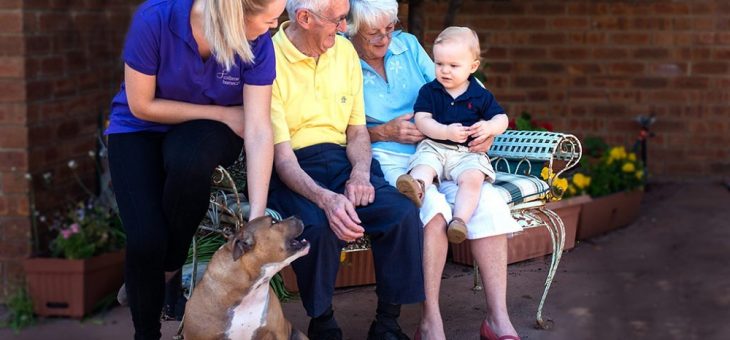


Accident prone: Burned-out pans, taps left running or an unlocked front door could all indicate that someone is finding it difficult to cope.There are clues that they are finding home life a challenge and that their safety may be at risk: Dementia, frailty and decreased function can gradually develop and many people are too proud or embarrassed to admit that they are struggling with daily activities. When someone is used to living and managing independently, it can be difficult to ask for help. What are the signs that home care is needed? Specialist carers can support people with complex health needs including incontinence, stomas, catheters and tube feeding. Home care can also be a long-term alternative to moving to a residential facility like a care home. Private home care can be temporary, while someone recovers from an operation, accident or illness. Live-in carers can offer private home care services and supervision to maintain safety twenty-four hours a day. If a loved one is unable to live safely without support and supervision, they might need a carer to help them day and night. Many people may need a carer to provide home help or personal assistance for an hour or two a week, others may benefit from people popping in several times a day to oversee medication, help with getting in and out of bed and preparing meals. It can be provided on an hourly basis or around-the-clock. Home care is very flexible and can be tailored to individual needs.


 0 kommentar(er)
0 kommentar(er)
